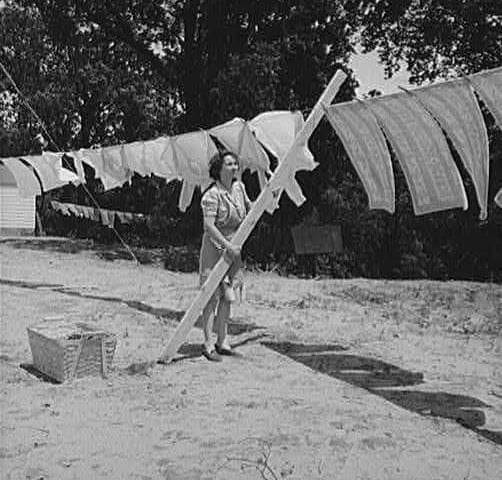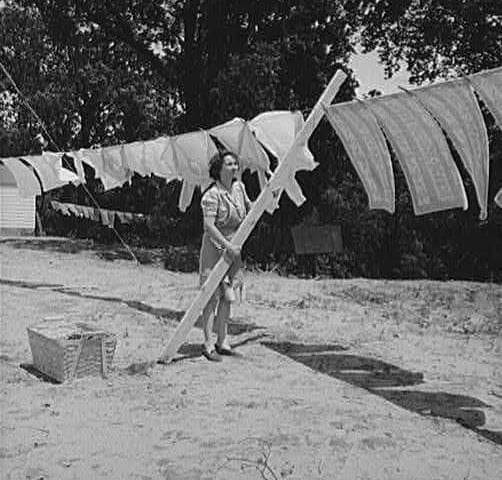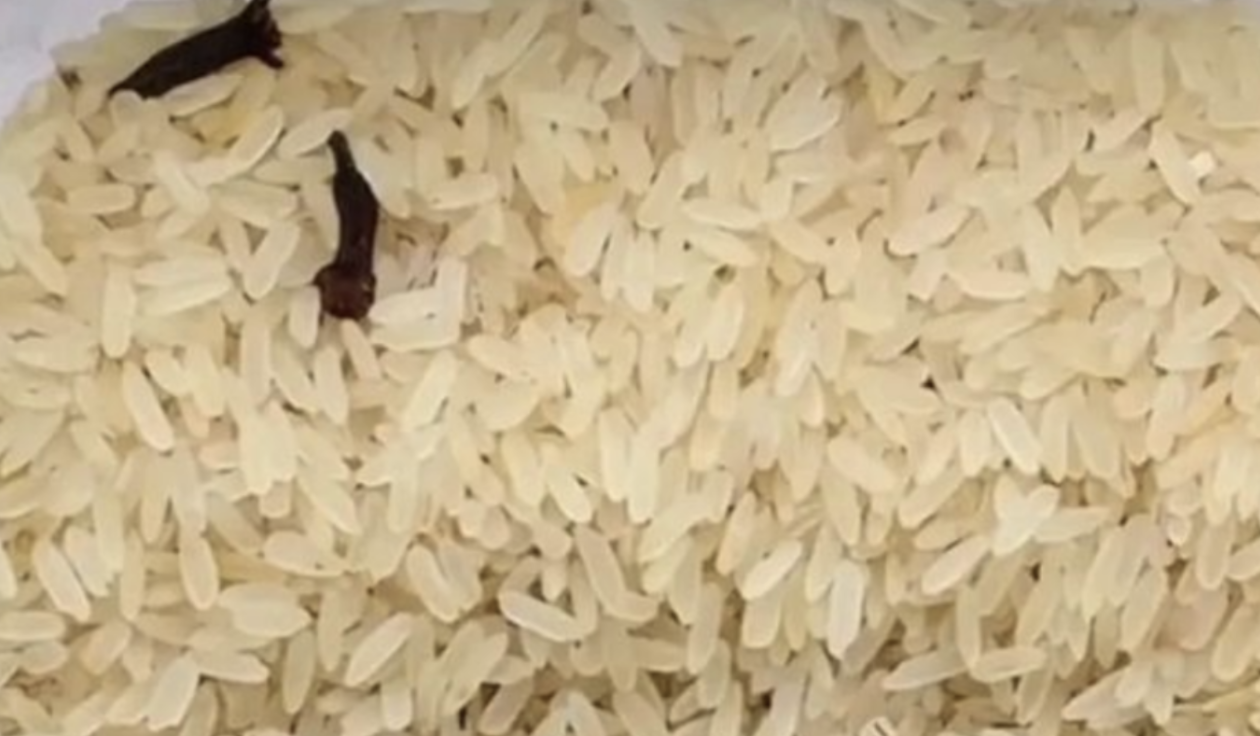My mother was an environmentalist without even realizing it. Growing up, one of my fondest memories was helping her hang clothes on the clothesline in our backyard. It was a routine we followed religiously – twice a week, she would grab her bucket full of clothespins and a wicker basket full of wet clothes, and we would venture outside to bask in the sunshine. The only time she would resort to using the electric dryer was on winter’s coldest days.
I would eagerly assist her, handing her one soggy item after another so she could hang them up faster. Once everything was meticulously pegged, she would use a wired pole to hook the line and elevate it to keep the sheets off the ground. As she did this, I would perch on a branch of the nearby apple tree, reading my books high above the billowing sheets. The fragrance of those sun-dried clothes created memories that still bring a smile to my face.

Today, there is a growing eco-friendly movement to encourage more Americans to hang their clothes outside to dry. However, as with any environmental initiative, there are always opponents. Surprisingly, some of the strongest resistance comes from those who choose to live in exurban areas, hoping to escape what they perceive as the downsides of modern America. They reject the idea of embracing this nostalgic practice.
According to The New York Times, the most fervent opposition to outdoor clotheslines comes from the 60 million community and homeowner associations across the country. These associations, driven by their collective mission for uniformity, often prohibit the use of clotheslines. In some cases, they even discourage residents from hanging wet beach towels over railings. The argument put forth is that clotheslines devalue property values and give the impression that homeowners are too poor to afford dryers.
Interestingly, a peculiar fixation on other people’s underwear also comes into play. Numerous articles quote indignant Americans who are bothered at the thought of catching a glimpse of grandma’s waist-highs flapping in the breeze. Despite these concerns, some states have begun to challenge these bans. Last year, Colorado, Hawaii, Maine, and Vermont passed laws allowing outdoor clotheslines. Florida and Utah already had such laws in place, and Maryland, North Carolina, Oregon, and Virginia are considering following suit.
So, why the push to revive this age-old practice? It turns out that clothes dryers consume a substantial amount of electricity. Back in 2001, the Department of Energy reported that electric dryers accounted for nearly 6 percent of total electricity use in American homes. This statistic doesn’t even account for the electricity used by gas-heated dryers. When you compare this figure to the fact that all indoor and outdoor lighting combined constitutes only 8.8 percent of our total energy usage, the magnitude of our reliance on dryers becomes all too evident.
To spread awareness about the benefits of clotheslines, filmmaker Steven Lake will be releasing a pro-clothesline documentary called “Drying for Freedom.” In the meantime, Project Laundry List’s website (laundrylist.org) offers valuable statistics and helpful tips to encourage more Americans to hang up their laundry. Some of these tips include snapping clothes before hanging to minimize wrinkles, hanging clothes indoors to humidify the air on frigid days, and using the dryer for a few minutes with no heat to soften stiff jeans and towels.
Perhaps it seems surprising that I, a feminist, am advocating for such traditional household chores. But as author Kathleen Norris beautifully articulated, “Laundry, liturgy, and women’s work all serve to ground us in the world, and they need not grind us down.” Our daily tasks, whether perceived as menial or essential, do not define us as women or human beings.
In my feminist household, there’s one rule for anyone daring to touch the laundry: Step Away From the Piles. Like many other feminists, I proudly wash, dry, fluff, and iron. It may seem radical, I know, but I owe it all to my mother, the unsung environmentalist who unknowingly instilled in me the importance of taking small steps to care for our planet.





